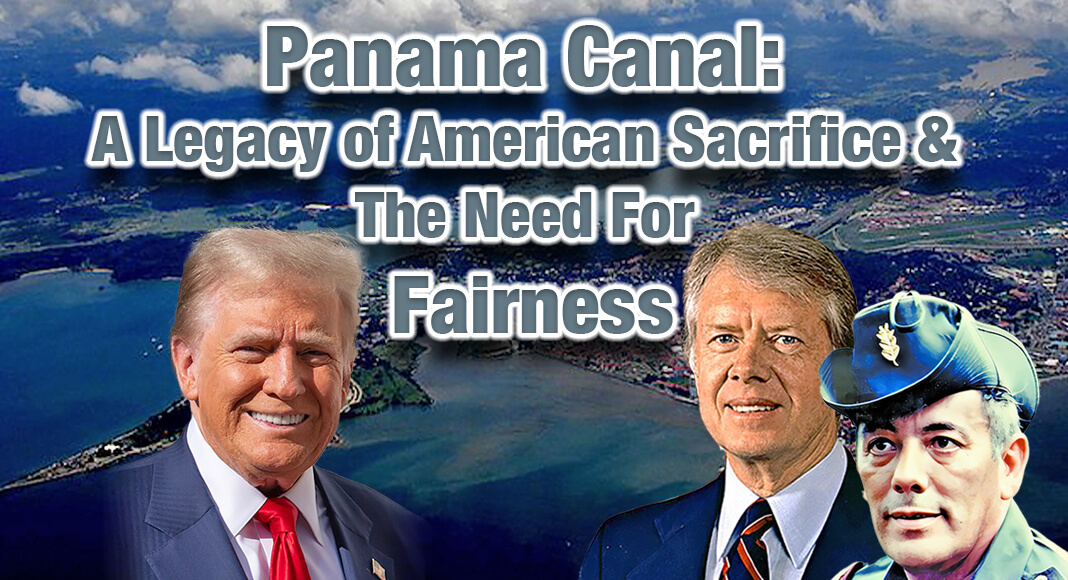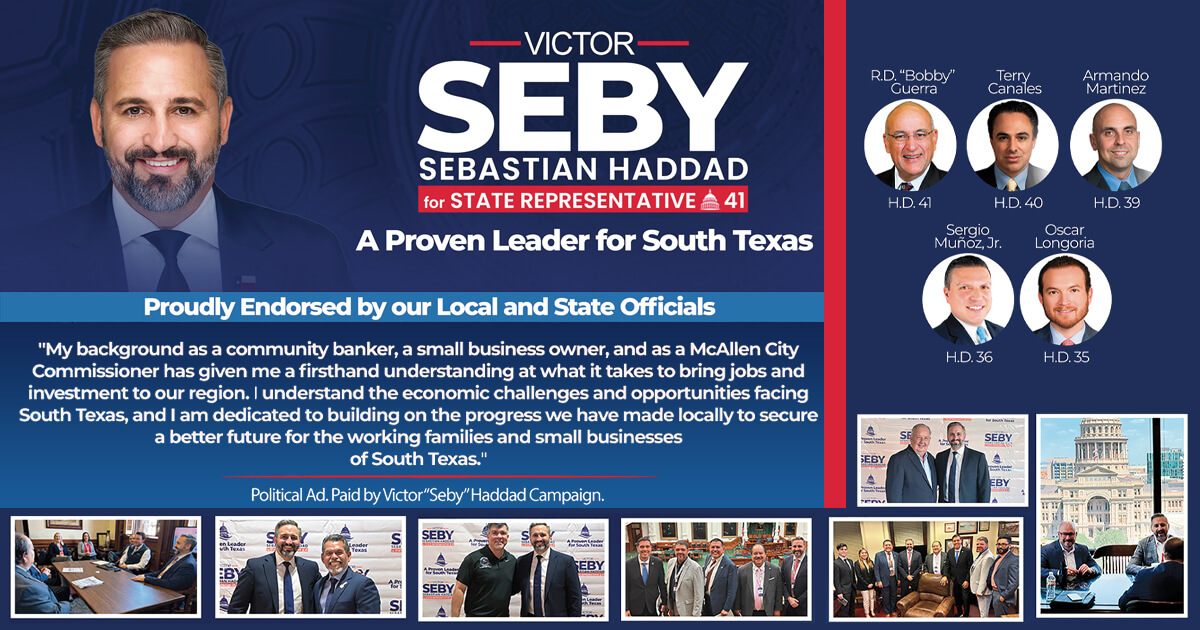
Texas Border Business
Texas Border Business
President-elect Donald Trump recently took to TRUTH Social to share his thoughts on the Panama Canal, calling attention to its historical significance, the enormous investment made by the United States in its construction, and the lives lost in the process. Trump’s post stresses a bigger question: was the 1977 decision to transfer control of this vital waterway to Panama under the Carter administration truly in the best interest of the United States?
“Teddy Roosevelt was President of the United States at the time of its building, and understood the strength of Naval Power and Trade. When President Jimmy Carter foolishly gave it away, for One Dollar, during his term in Office, it was solely for Panama to manage, not China, or anyone else,” Donald Trump
The Panama Canal, which officially opened in 1914, is undeniably one of the greatest engineering marvels of the modern era. Built during the presidency of Theodore Roosevelt, the canal symbolized Roosevelt’s vision of strengthening U.S. naval power and promoting global trade. Its construction required the United States to assume leadership after the French abandoned their efforts in 1889 due to financial and logistical difficulties.
The U.S. poured vast resources into the project, with the total cost amounting to $375 million—a staggering sum at the time. This was not only a financial undertaking but also a human one, as over 38,000 American workers lost their lives, many succumbing to diseases such as malaria and yellow fever. These sacrifices laid the foundation for a canal that transformed global trade, reducing the journey between the Atlantic and Pacific Oceans by thousands of miles and enabling the United States to project naval power more effectively.
The Carter-Torrijos Treaties: A Controversial Legacy
In 1977, President Jimmy Carter signed the Panama Canal Treaty and the Neutrality Treaty with then-President of Panama Omar Torrijos. These agreements transferred control of the canal to Panama by the year 2000. While the treaties aimed to improve U.S.-Panama relations and address growing anti-colonial sentiment in Latin America, the decision to hand over this critical asset remains contentious to this day.
Critics, including Trump, argue that the transfer represented a significant loss for the United States. The canal, long seen as vital to American economic and national security, was relinquished without ensuring that U.S. interests would be protected in perpetuity. The symbolic sale for “one dollar” has been a source of frustration for those who believe the U.S. received little in return for its initial investment and ongoing reliance on the canal.
“The Panama Canal is considered a VITAL National Asset for the United States, due to its critical role to America’s Economy and National Security. A secure Panama Canal is crucial for U.S. Commerce, and rapid deployment of the Navy, from the Atlantic to the Pacific, and drastically cuts shipping times to U.S. ports. The United States is the Number One user of the Canal, with over 70 percent of all transits heading to, or from, U.S. ports. Considered one of the Wonders of the Modern World, the Panama Canal opened for business 110 years ago, and was built at HUGE cost to the United States in lives and treasure – 38,000 American men died from infected mosquitos in the jungles during construction. Teddy Roosevelt was President of the United States at the time of its building, and understood the strength of Naval Power and Trade. When President Jimmy Carter foolishly gave it away, for One Dollar, during his term in Office, it was solely for Panama to manage, not China, or anyone else. It was likewise not given for Panama to charge the United States, its Navy, and corporations, doing business within our Country, exorbitant prices and rates of passage. Our Navy and Commerce have been treated in a very unfair and injudicious way. The fees being charged by Panama are ridiculous, especially knowing the extraordinary generosity that has been bestowed to Panama by the U.S. This complete “rip-off” of our Country will immediately stop….”
President-Elect Donald Trump’s TRUTH comment:
The Panama Canal remains critical for global commerce and U.S. strategic interests. More than 70% of its transits involve cargo headed to or from American ports, underscoring its critical role in U.S. trade. It also facilitates the rapid deployment of the U.S. Navy between oceans, making it essential for national defense.
However, transit fees have surged under Panama’s management, affecting U.S. shipping and naval operations. Trump highlighted this issue in his post, calling the current pricing structure “ridiculous” and a “rip-off.” The sentiment reflects serious concerns about fairness, particularly given the extraordinary generosity and sacrifices made by the United States to build and sustain the canal.
Reevaluating the Canal’s Legacy and Future
President-elect Trump’s comments invite a reevaluation of the Panama Canal’s place in U.S.-Panama relations. While the canal has undoubtedly benefited Panama economically and symbolically, it is worth questioning whether the United States receives fair treatment. The ongoing fees charged to U.S. entities for access to a canal built with American lives and treasure merit closer scrutiny.
As the United States continues to navigate its relationship with Panama—and, by extension, with other nations that benefit from U.S. largesse—Trump’s call to “stop the rip-off” could signal a new chapter in ensuring fair and equitable agreements. The canal may no longer be under U.S. control, but its significance to American prosperity and security remains as vital as ever.
The legacy of the Panama Canal is one of remarkable American sacrifice and vision. It is imperative that this legacy be honored not only through remembrance but also through policies that reflect the importance of fairness and reciprocity in global partnerships.














